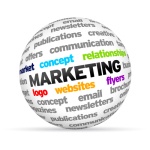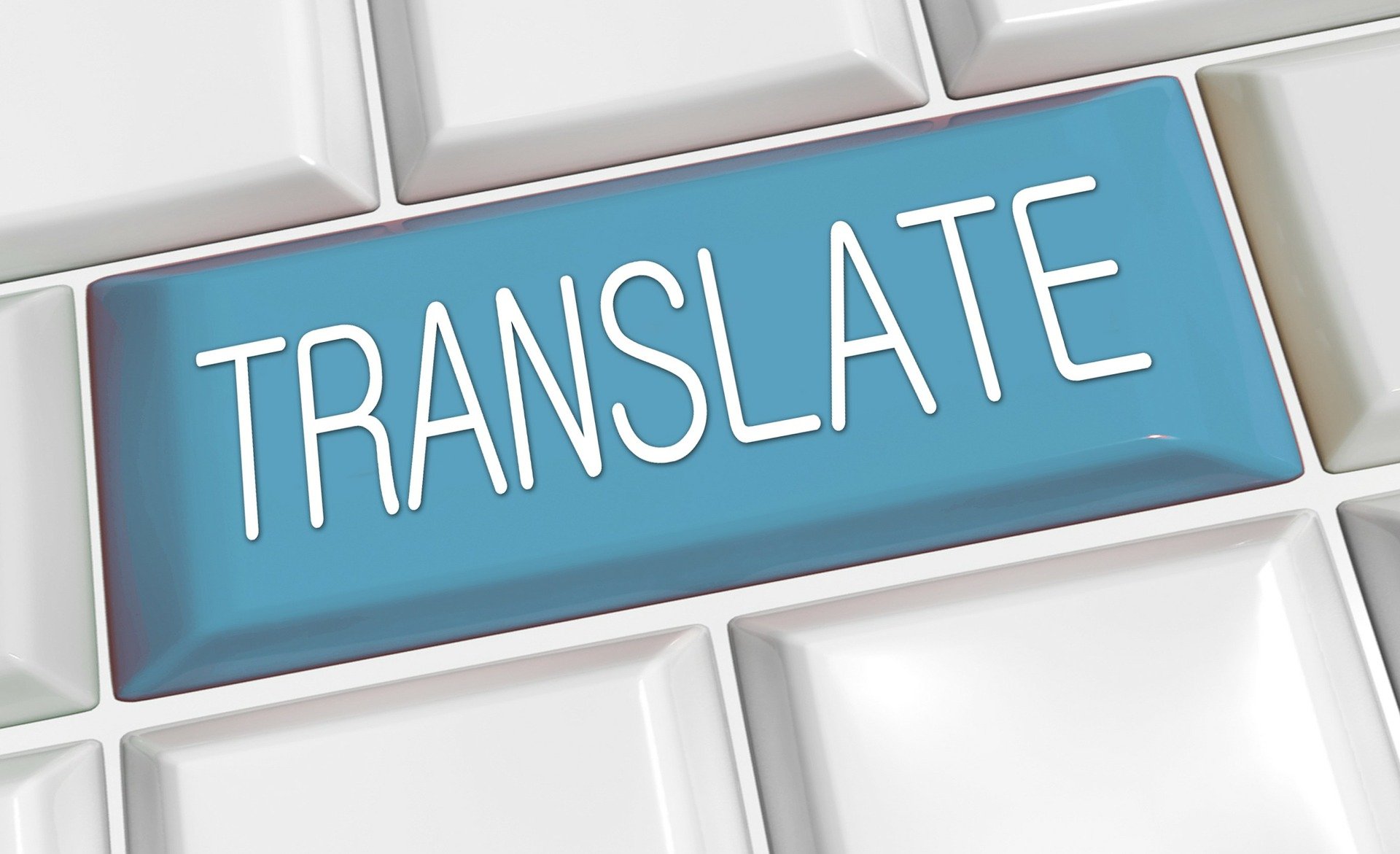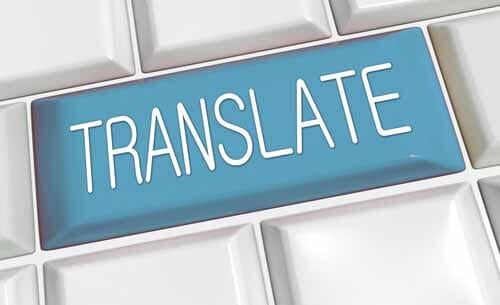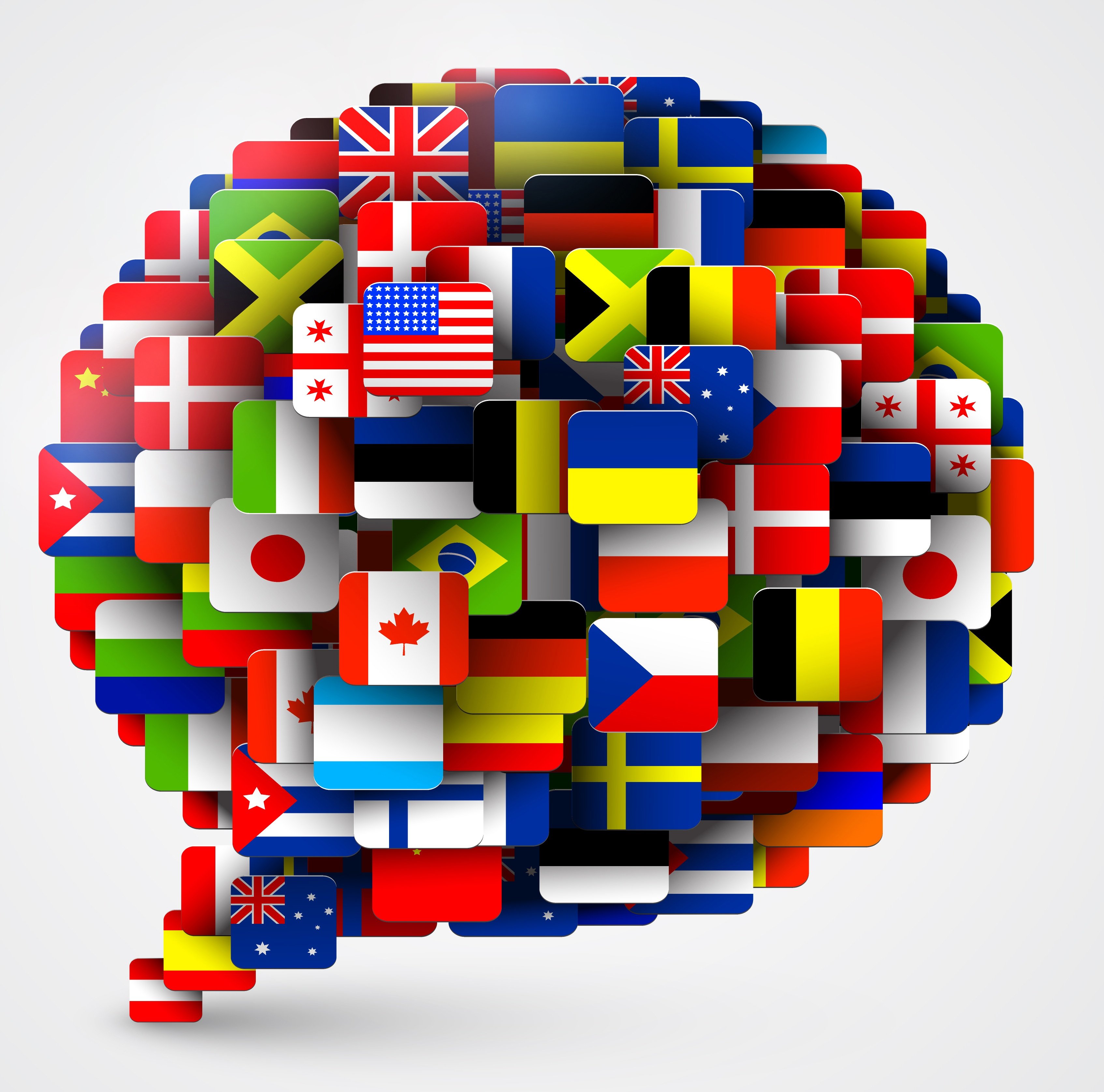Listen to Audio Version:

Whether you are selling goods or services, there are several things that should be considered when broadening your target market into another region and/or another language. Incorrect, inaccurate, or culturally inappropriate marketing translations can ruin your venture into the new market, and set you up for failure before you even get a chance to succeed. Choosing a knowledgeable, high-quality marketing translation service can help you avoid these common pitfalls, and set you up for success.
Ensure Copy is Precise and Finalized
The best marketing translations typically come from copy with very precise language. Often English marketing materials have quite a bit of descriptive, elaborate language. This often doesn’t translate well into a new language. Many languages need more words/symbols to convey the same meaning as an English document. This can result in a confusing, overly long translation. To get the highest quality marketing translation it is best for the copy to be as precise and non verbose as possible.
The materials given to the marketing translation service should be the FINAL copy. If words are removed or changed from the English copy after the marketing translation is complete, it is not just a matter of removing or changing the same words in the translation. Last minute changes complicate the translation process in keeping a clear message and accurate version control. To avoid this, always wait till the copy is final before sending it to a marketing translation service.
Consider BOTH Globalization and Localization
According to the Rapport International website, globalization uses one language to convey a message in all parts of the world that speak that language. Localization adapts your product or service to a specific geography or community. With marketing translation, globalization would be, for example, using your brand name across languages. Does the brand translate well and appropriately? Does it still convey the right meaning? Localization is marketing to specific regions that speak that language, and making sure your message, your product and your advertising are all culturally appropriate and acceptable. As an example, the McDonald’s name and logo are consistent across many countries. When they chose to move into the fast food market in India, McDonald’s understood that their main product, beef, would not be culturally appropriate. McDonald's localized, and moved into the India market with a new menu consisting of chicken, fish and vegetarian options.
Advertising should be Culturally Appropriate
In addition to the brand message, visuals and pictures in advertising should match the region and culture they are targeting. Models should be of the same race, locations should look like they belong to the region, and even colors should be culturally appropriate. For example, in Western cultures the color white means purity, innocence, cleanliness and goodness, and is worn by brides. In some Asian cultures white symbolizes death, mourning and bad luck, and is worn at funerals. Marketing translation messages are important not only in how the advertising reads but also in the visual meaning and feeling the pictures/videos convey.
Avoid Humor and Tricky Grammar
Even within the United States, what New Englanders find humorous may hit a flat note in southern California. This applies when translating humor to a new language and culture. Rapport International advises avoiding humor when marketing across countries and culture. The same holds true when using tricky grammar, clever taglines, as well as commonly accepted categorizations. The online discount shopping site Wish.com had an issue in 2016 with a marketing translation error that translated what should have been “plus size” as “fat lady” on dozens of their offerings from their Chinese manufacturers. Social media became inundated with offended postings all pointing to Wish.com’s inappropriate product titles. Even after explaining the error, negative feelings remained. An error such as this can irreparably harm a company’s chances at success in a new market. A reputable marketing translation service will catch any potential issues, and help you translate the appropriate terms for the target market, BEFORE a mistake happens.
Transliteration vs. Translation vs. Transcreation
Transliteration is the conversion of words or letters from one language/script to another. Transliteration is a word-to-word or letter-to-letter conversion and text can often lose its meaning and intent. Not good for appropriate marketing translation.
Translation is the conversion of text and meaning from one language to another. Translation aims to convey the entire text of the source document as well as the appropriate meaning of the text. This is a good option for your marketing translation.
Transcreation goes one step beyond translation, and not only translates the words and meaning, but also adapts the entire message to the new culture and makes the message culturally appropriate to convey the message’s intent, style, tone and context. Sometimes this will be the best option for your marketing translation. For example, Rapport International received a German letter originally written for targeting German CEOs. The company now wanted to target CEOs in the United States. Rapport International translated the letter in its entirety, keeping the original meaning, but kept hearing back from the German company that it wasn’t right. After speaking with the German client it was discovered that the letter contained very effusive language at the beginning because this is a best-practice to get the attention of CEOs in Germany, through compliments and accolades. This flowery introduction would not be appealing to CEOs in the United States. CEOs in the U.S. prefer that letters be brief and to-the-point. What our client was actually looking for was a “transcreation” of their letter into what a CEO in the U.S. would respond to, without losing the essential message of the letter.
These are just some examples of what should be considered when seeking marketing translations to broaden your customer base. Here at Rapport International we can walk you through these common pitfalls and help you refine your message to be not only accurate, but culturally appropriate and appealing. The value of this expertise will be realized when your goods or services start succeeding in your new market, and beyond.
Rapport International specializes in multilingual communications, providing language translation and interpretation services that are accurate and culturally appropriate. We use the right voice and the correct terminology to avoid liability, customize services to your needs, and deliver on time and within your budget. With our 100% satisfaction guarantee, you can trust that it’s done right. Contact us today if you would like more information or to get a free quote.
Popular Posts
Popular industry news, interviews, technologies, and resources.



















